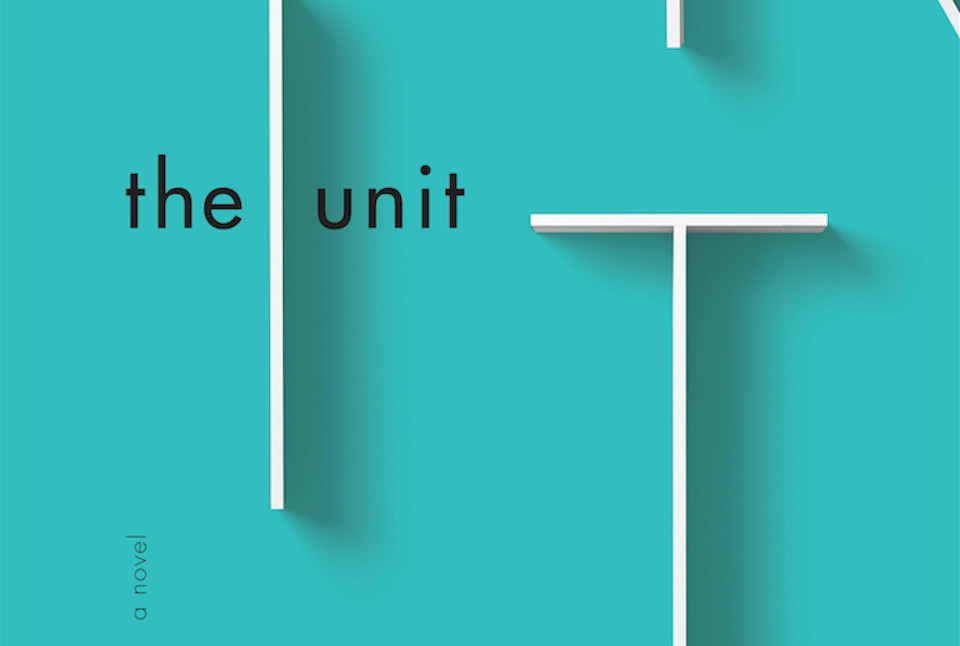

In this dystpopia, independence makes dispensible. This dystopia is especially scary for me because I am a woman, because I´m not sure that I want to have children, because I am a humanities student, because I will most likely not have a career that will leave me well-off. It took me a while to understand that Dorrit was not a fighter, that the system in The Unit has other ways than surveillance and violence to ensure that the dispensables accept their situation. Instead, Dorrit is quite happy, accepts her situation and can devote time to her writing. She is not angry and not a heroine who tries to fight the system. For the first time she finds herself surrounded by people like her and finds friends and love. The main character Dorrit has to leave behind her house, her dog and end her affair with a younger married man when she turns fifty but adjusts very quickly and calmly to life in the unit. The focus of Holmqvist´s critique is as such more of an economic nature, her dystopia warns from regarding people only in terms of cost-benefit, their contribution to the economy, and thereby reducing them to numbers. In this case it is women from 50 years on and men from 60 years on who have become dispensible and who are called on to contribute to the national economy instead of having to be supported by those who are needed. The Unit takes the same approach as Ishiguro´s Never Let Me Go, and envisions a group of people as a biological resource that has to cater to the needs of the rest of the population. Dorrit is brought to the Unit, a place with every convenience (art galleries, a gym, a theatre etc), where she is among equals, and a place where she will be subjected to experiments and organ donation until her death. Dorrit is a novelist, relatively poor, childless, not in a romantic relationship, and has just turned 50 therefore she has become dispensible, a burden on society.

The Unit is set in a society in which people are classed into two groups, those who are needed and those who are dispensable. I´m happy I found the German edition in my library (since it´s originally Swedish I thought it didn´t really matter if I read the English or the German translation). The Unit by Ninni Holmqvist was one I´ve been wanting to read for a while but somehow never got around to. Dystopian literature is one of my favorite genres, perhaps the favorite.


 0 kommentar(er)
0 kommentar(er)
